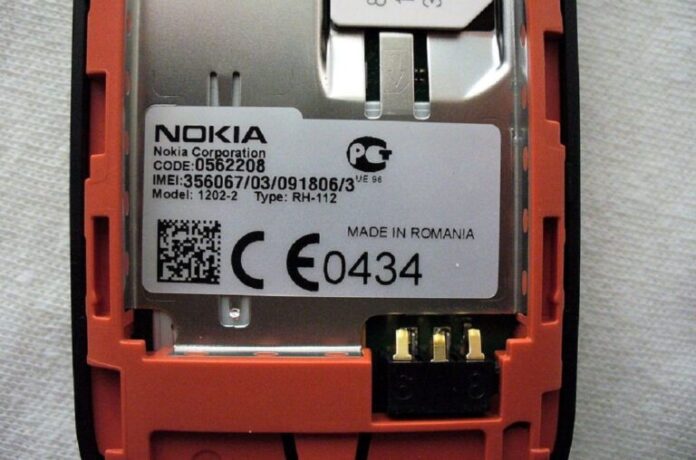8 Reasons NCC Wants Nigerians To Submit Phone IMEI Number In 3 Months
TECH DIGEST – Nigerians woke up to the news that the Nigerian Communications Commission wants them to submit the International Mobile Equipment Identity (IMEI) of their phones to the Commission from July.
The regulatory body said this in part of the Revised National Identity Policy for SIM Card Registration.
The NCC’s move to start the implementation of the Device Management System (a Centralised Equipment Identity Register) is backed by the country’s President, Muhammadu Buhari.
A portion of the policy said, “Accordingly, His Excellency, President Muhammadu Buhari, GCFR, has directed that the Device Management System should be implemented within three months.”
What is the policy meant to do?
NCC, through this move, aims to achieve eight major things as listed below:
- to curtail the counterfeit mobile phone market,
- discourage mobile phone theft,
- enhance National Security,
- protect consumer interest,
- increase revenue generation for the government,
- reduce the rate of kidnapping,
- mitigate the use of stolen phones for crime, and
- facilitate blocking or tracing of stolen mobile phones and other smart devices,
In the words of the Commission: “With the aim to curtail the counterfeit mobile phone market, discourage mobile phone theft, enhance National Security, protect consumer interest, increase revenue generation for the government, reduce the rate of kidnapping, mitigate the use of stolen phones for crime, and facilitate blocking or tracing of stolen mobile phones and other smart devices, one of the means to achieve this is through the deployment of Device Management System.
“The implementation of a Centralised Equipment Identity Register otherwise known as Device Management System will serve as a repository for keeping records of all registered mobile phones’ International Mobile Equipment Identity and owners of such devices.
“IMEIs that have been reported as either stolen or illegal will be shared through the DMS to all the operators and service providers.”
The IMEI number is the mobile phone’s fingerprint. It is a 15-digit number unique to each phone. With the IMEI number, a phone can be tracked and located irrespective of the cellular number in it.
According to an expert that helps the Nigerian Police track stolen phones, who asked for anonymity, said, “The IMEI of a phone allows us to track the phone.
“It allows us to track the phone’s information, people the phone calls each day and the house address of the people that call on the phone.”
The expert added, “I can’t disclose how the IMEI of a phone works. It is sensitive information. Leaking the secret helps the people stealing the phone bypass the information.
“Some people already try to change the IMEI of stolen phones, but we know what to do to get the original one.”
With this move, the NCC will have the IMEI numbers, NIN, and mobile numbers of every Nigerian.
However, Nigerians are not taking the policy implementation moves lightly.
A cursory look at opinion on Twitter shows that the policy is not going down well with phone users:
















